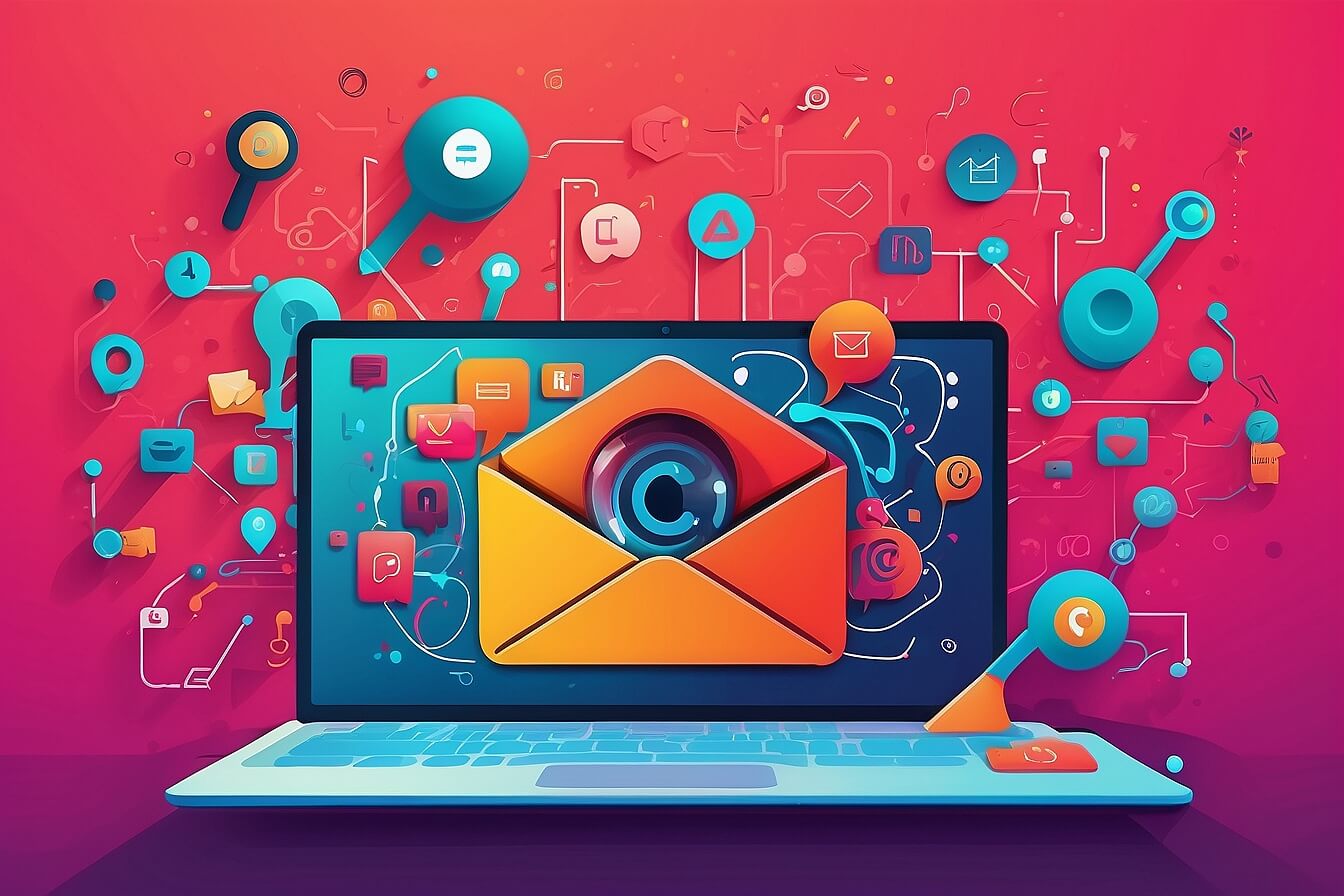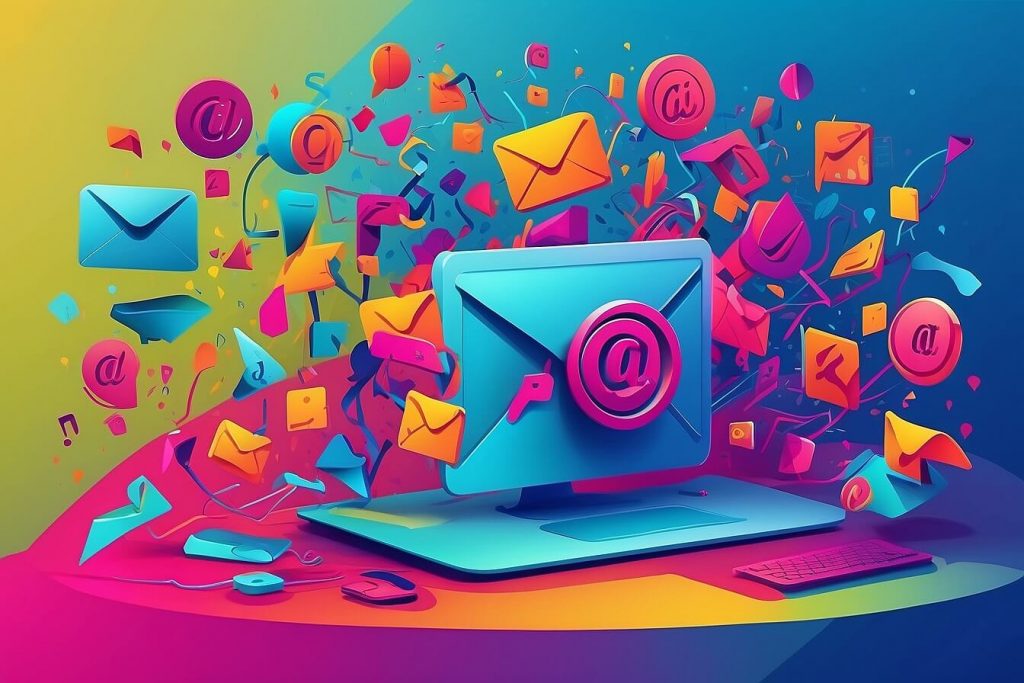Dynamic Content Personalization with AI in Email Marketing

Related Posts

Predictive Analytics in Email Marketing: Anticipating Customer Behavior
The Role of Data Analysis in Email Marketing Data analysis plays a pivotal role in email marketing strategies. With the immense amount of data collected from customer interactions, it has become imperative for businesses to leverage this data effectively. By...

AI-Enhanced A/B Testing for Email Campaigns
The Importance of Testing in Email CampaignsIn the fast-paced digital world, email campaigns have become an essential marketing tool for businesses of all sizes. However, simply crafting a captivating email is not enough to guarantee success. It is crucial to...

AI and Email Automation: Streamlining Workflows for Efficiency
The Benefits of Implementing AI in Email Automation In today’s fast-paced business environment, implementing AI in email automation offers a wealth of benefits. One of the key advantages is the ability to save time and reduce manual effort. AI-powered email...
Table of Contents
hide
